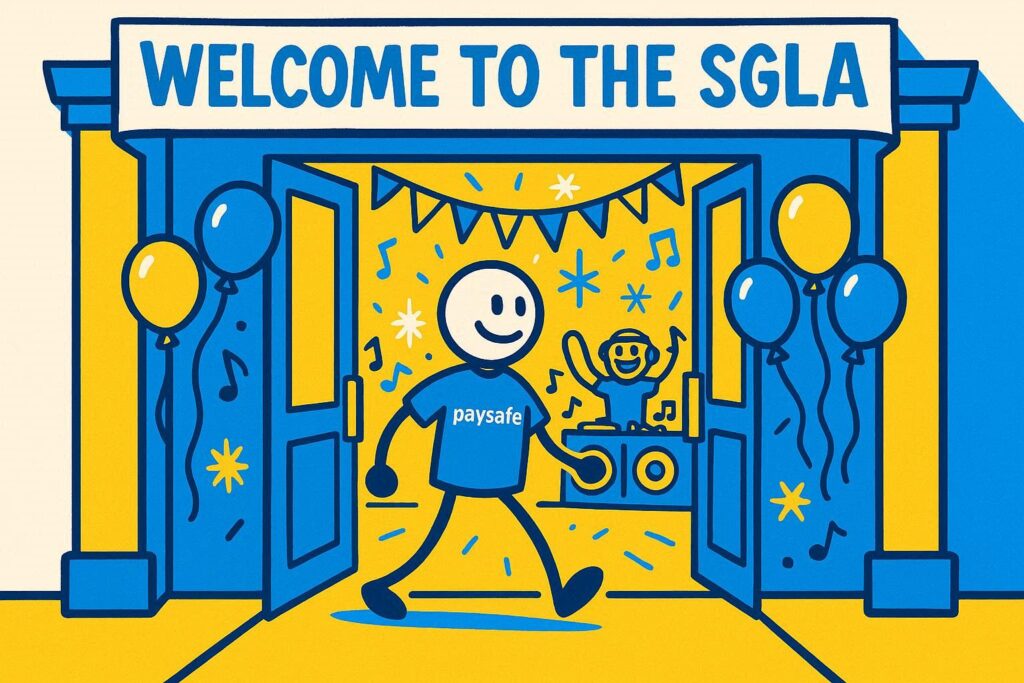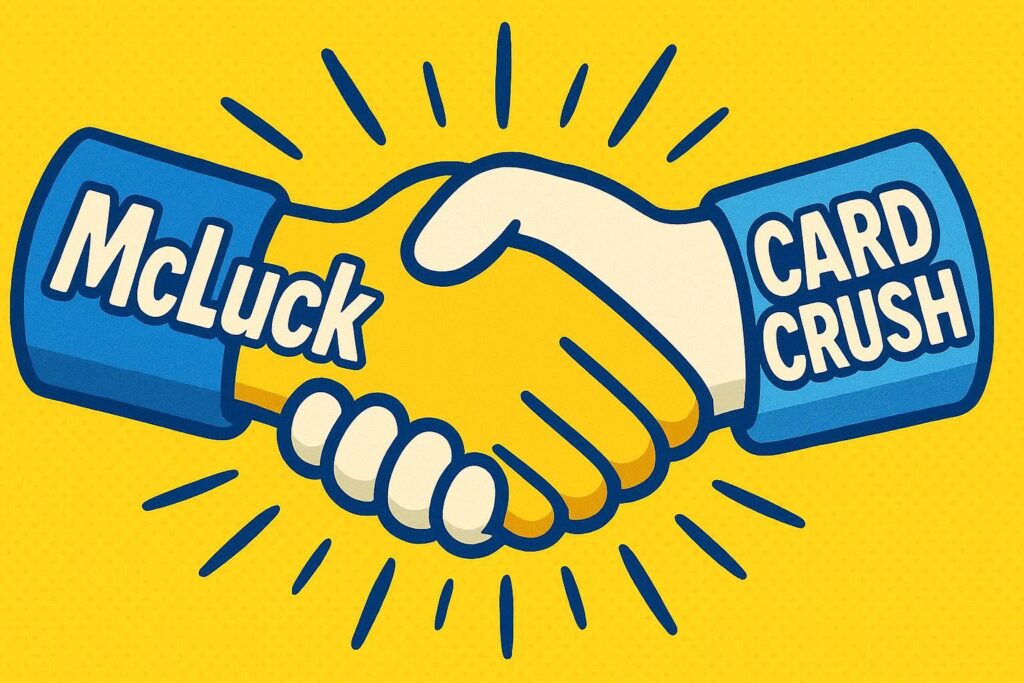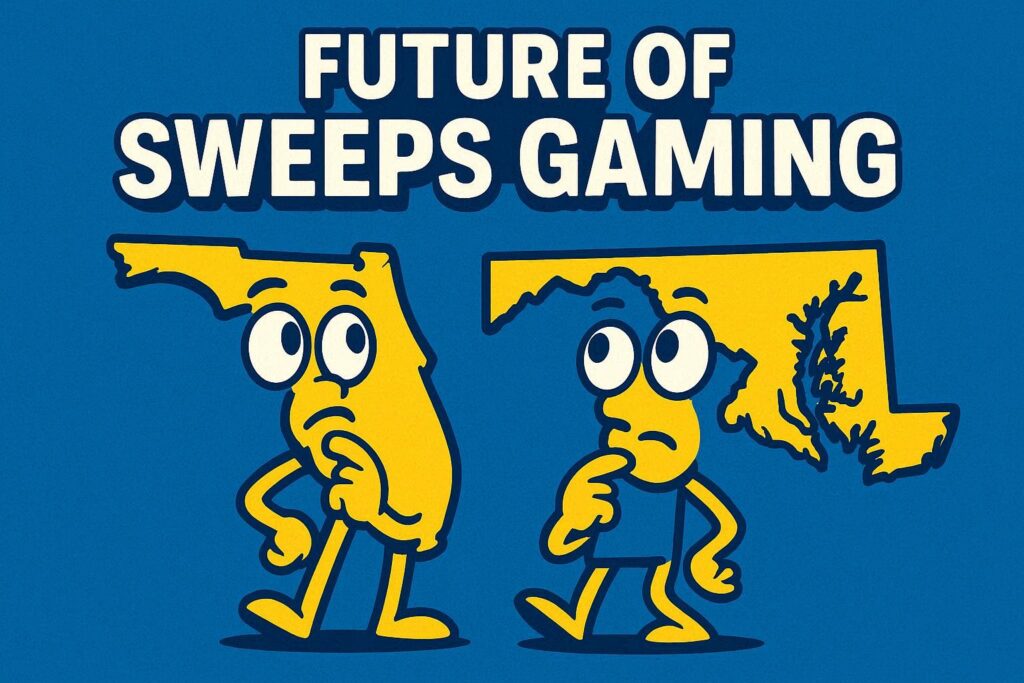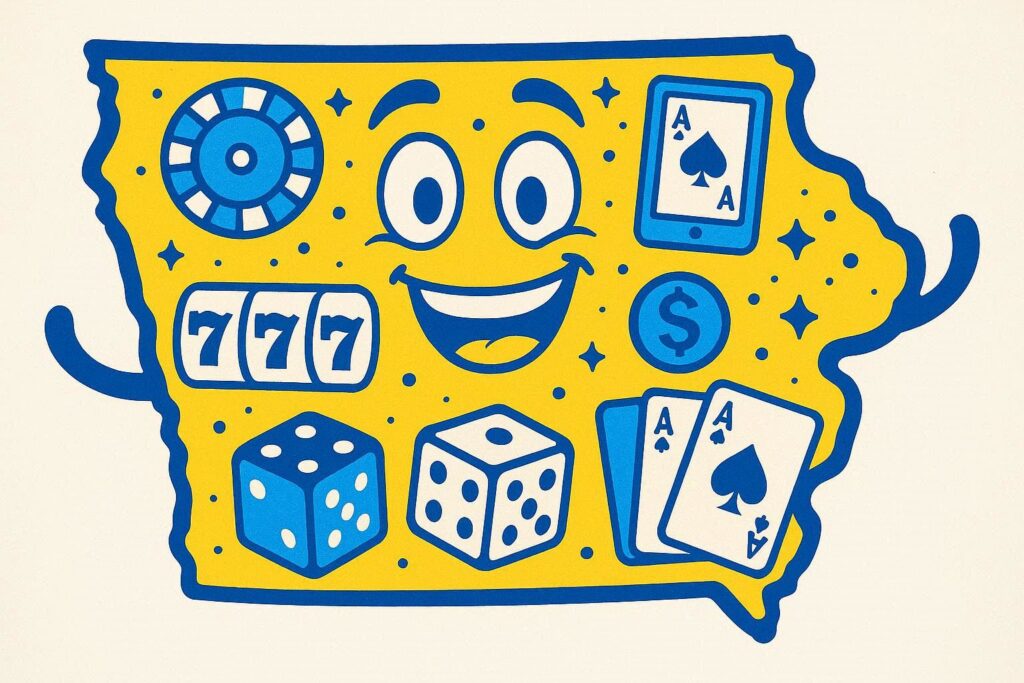The fight to ban online sweepstakes casinos in California continues on as the Senate Committee on Public Safety unanimously approved AB 831 on Tuesday to potentially prohibit dual-currency sweepstakes platforms from operating in the Golden State.
With the sweeping 6-0 approval, AB 831 now moves on to the Senate Appropriations Committee.
The bill, as sponsored by Assemblymember Avelino Valencia, would ban the operation of sweepstakes casinos that follow a dual-currency model, such as Gold Coins and Sweeps Coins offered by the more popular online sweepstakes casinos.
Essentially, Valencia told the committee, the bill “closes a loophole” in state law that has allowed sweeps operators to conduct business in the state by “circumventing the will of the voters and sidestepping the state’s gaming framework.”
Amendments made to AB 831
At the beginning of his presentation, Valencia acknowledged and accepted several amendments made to AB 831, including one that would “shield potential entities who unknowingly support online sweepstakes from liability.”
Similarly, users of sweepstake casinos would also be protected under the law.
What’s more, he assured, Valencia remains in “active conversations” with California card rooms to ensure they, too, are not inadvertently captured.
‘Unchecked, unregulated’ online sweepstakes casinos create risks
Valencia emphasized that tribal gaming in California has been a key contributor to the state’s economy after voters affirmed the tribes’ exclusive rights to conduct specified gaming in the state over 25 years ago.
According to Valencia, tribal gaming has generated over $25 billion to the state while supporting more than 112,000 jobs and providing $7.6 billion in labor income for state employees.
The rise in online sweepstakes casinos, he indicated, threatens to undercut tribal gaming “by exploiting no-purchase-necessary and using dual-currency models to exploit a gray area in the law.”
“The dual-currency model creates a dangerous environment where Californians, especially young and vulnerable users, are exposed to real-money, gambling-like experiences with none of the consumer protections … that the state has spent decades putting into place,” added Johnny Hernandez, vice chairman of the San Manuel Band of Mission Indians.
Conceding that the San Manuel offers a social casino platform, Hernandez made it a point that the product is free to enter and does not use dual currencies and does not offer cash prizes. It is also not a gambling site, he said.
“It is crucial to preserve a system which reflects the will of the people of California and continues to deliver direct benefits to communities across the state,” Hernandez said. “An unchecked spread of unregulated and predatory sweepstakes operators allows for a continued bypass of vital state regulations, offers no protection for children or problem gamblers and creates pathways for money laundering and other crimes.”
Meanwhile, SGLA released urging lawmakers to “carefully consider whether they want to support legislation built on misleading claims from perceived competitors who themselves fail to meet the standards they claim to champion. The testimony claiming our industry lacks age verification is not only false – it’s hypocritical. San Manuel operates an online social casino with no age verification requirements whatsoever. Meanwhile, SGLA partner companies employ multi-layered identity verification systems.”
Opponents push back on sweeps casino ban
Speaking on behalf of the Social Gaming Leadership Alliance (SGLA) in opposition of the bill, Bill Gantz offered to the committee that sweeps casino games are not illegal. How does he know? He referred the committee to the aforementioned social casino sites offered by tribes.
Gantz, head of the Gaming Industry Group at Duane Morris LLP law firm, hinted that the attack on online sweepstakes casinos comes after the realization that they pose a competitive risk to the tribes. He also offered a rebuttal that there is no gambling with sweeps sites.
“It’s just like a lot of other sweepstakes,” Gantz said, “where people can make a purchase to enter, but they can also enter for free.”
He also noted that there was no study presented providing evidence of consumer harm, let alone an economic analysis, as suggested by fellow opponent David Jumper, chief marketing officer of ARB Interactive.
Gantz closed by noting that, should California regulate sweepstakes casinos rather than criminalize them, the state could pocket at least $149 million in sales tax revenue per year.
SPGA gains support from groups opposing sweeps casino ban
The Social and Promotional Games Association (SPGA) – which has long opposed AB 831 as well as similar bills proposed in all other states – recently earned the support of a “broad coalition of organizations” in opposition of the assembly bill to ban online sweepstakes casinos.
That coalition features the American Civil Liberties Union (ACLU) and the Association of National Advertisers, which includes Google, NBCUniversal and other Fortune 500 companies.
The list of groups joining the SGPA includes:
- ACLU California Action
- American Transaction Processors Coalition
- Association of National Advertisers
- Californians United for a Responsible Budget
- Social and Promotional Games Association (SPGA)
- Social Gaming Leadership Alliance (SGLA)
- Virtual Gaming World
Asserting that AB 831 was introduced via a “‘gut-and-amend’ process,” the SPGA said that the bill’s broad language creates “uncertainty around the legality of common sweepstakes and promotion programs,” adding that consumer advocates and business leaders fear it would result in “unintended consequences for lawful marketing practices.”
“The SPGA is proud to stand alongside the ACLU, the Association of National Advertisers, and other partners in voicing concerns about AB 831,” an SPGA spokesperson said in a statement.
“This diverse coalition, including civil liberties advocates, leading businesses, and industry groups, reflects a shared belief that the bill, as written, could have unintended consequences for lawful promotional practices without offering clear consumer protections.”
Online sweepstakes casinos urging CA residents to contact lawmakers
As lawmakers continue to consider and advance AB 831, online sweepstakes casinos such as Chumba Casino, LuckyLand Slots and Global Poker took it upon themselves to touch base with their California customers, urging them to request that legislators vote against the bill.
Chumba, for example, told its California users that AB 831 “would take away your freedom to play the games you love.”
By the end of the first week of July, a day before AB 831 was presented to the Senate Governmental Organization Committee, nearly 20,000 actions were taken by sweeps customers.
Not to be outdone, Golden Hearts Games encouraged its California users to take similar action. Its template for an email or letter to state legislators, from the point of view of California residents, emphasized that “I do not want the government telling me what I can and cannot do on my phone or computer,” calling the bill “government overreach.”
Noting that the bill indicates “misplaced priorities,” passing AB 831 would only push users to play on black-market sites.







